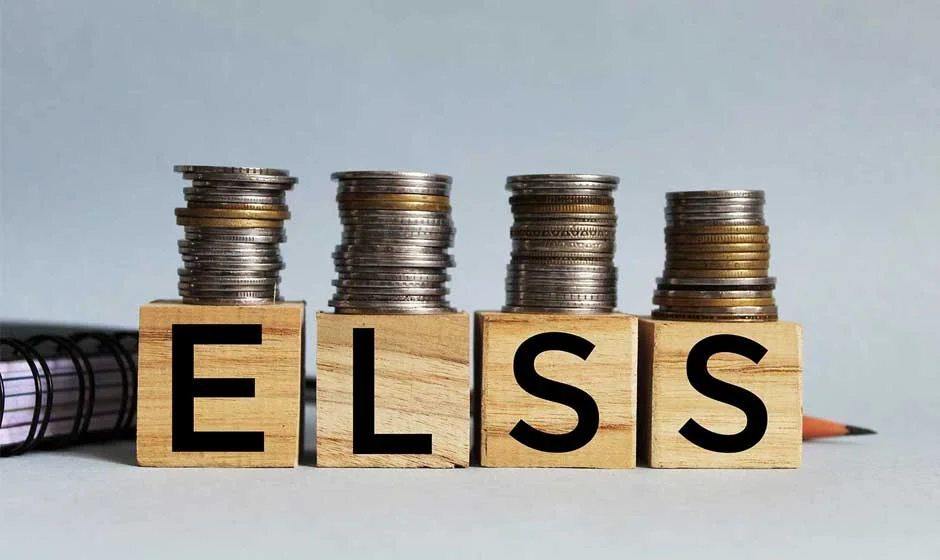Equity Linked Savings Scheme (ELSS) are also popularly known as tax-saving mutual funds in India. Under section 80C of the Income Tax Act, they afford both avenues to create wealth and avenues to save taxes. These funds have a lock-in period of three years while all the other tax-saving investment tools available in the country, have a lock-in period of a minimum of five years. ELSS mutual funds are a popular choice of investment for long-term investors because they offer high returns. In this blog, we will explore what are ELSS mutual funds, how they work, who should invest in them and a lot more.
How Do ELSS Mutual Funds Work?
ELSS funds are equity-linked mutual funds. It is majorly comprised of the equity of the companies listed and then the equities are identified across the market capitalisation and sectors. These funds operate to achieve capital gains in the long run. ELSS funds have a lock in three years which implies that the funds cannot be withdrawn or redeemed before the stipulated period. Only after 3 years the gains can be redeemed or the money may be left invested to continue profiting in the growth of the market.
Who Should Invest in ELSS Mutual Funds?
The following individuals can invest in ELSS mutual funds.
- Salaried Individuals: Salaried individuals contribute towards the Employees’ Provident Fund (EPF), which is a fixed-income product. If an individual wants high returns then ELSS funds can be a suitable investment option. While unit-linked insurance plans (ULIPs) and the National Pension System (NPS) also do the same, they have a higher lock-in period and lesser potential for returns. For instance, ULIPs have a lock-in period of five years.
- First-time investors:ELSS can be a good investment for young investors because it comes with certain tax benefits. They have less risk than directly invested stocks. SIPs are the best method to invest in these funds.
- Taxpayers: As a young taxpayer you can therefore invest in these funds. They save tax under section 80C of the Income Tax Act.
- Long-Term Investors: Since ELSS funds have a lock-in period of 3 years, it has been ideal for long-term investors. But it also focuses on the lock-in period of SIP payments. Therefore, in the next 12 months if an individual tries to fully redeem his investments, then he cannot do so until the last instalment of the SIP is to be made.
Things to Consider Before Investing in ELSS Funds
Along with learning what is an ELSS mutual fund, it is essential to keep some factors in mind while investing in them. The following are the things that need to be considered before investing in ELSS funds.
- Fund Performance: Before you start investing in a fund, you should research and compare its performance with other competitors.
- Expense Ratio: The expense ratio shows how much you invest in managing the funds. Select the funds which have lower expense ratios for higher net returns.
- Financial Reports: You can check the financial reports of the ELSS funds to examine their historical performance and asset allocation. This will help you in making more informed decisions.
- SIP or Lumpsum: The two main types of methods through which you can invest are either SIP or lumpsum. Under the SIP method, you can invest a regular amount monthly. However, under the lumpsum method, you invest a huge sum of funds at once.
- Fund Manager:The fund manager will assume an important function in managing your funds. Thus, he/she should be efficient and have enough experience to pick the right stocks and create a suitable portfolio.
Conclusion
ELSS mutual funds provide a balanced investment opportunity by combining tax-saving benefits with potential long-term capital growth. Understanding what ELSS funds are is important for investors who want to optimise their investment strategy while saving on taxes. Despite the risks associated with equity investments, ELSS can be a reasonable choice for those with a longer investment horizon and a higher risk tolerance. To simplify your investment planning, use a mutual fund calculator to estimate potential returns and make informed decisions.





